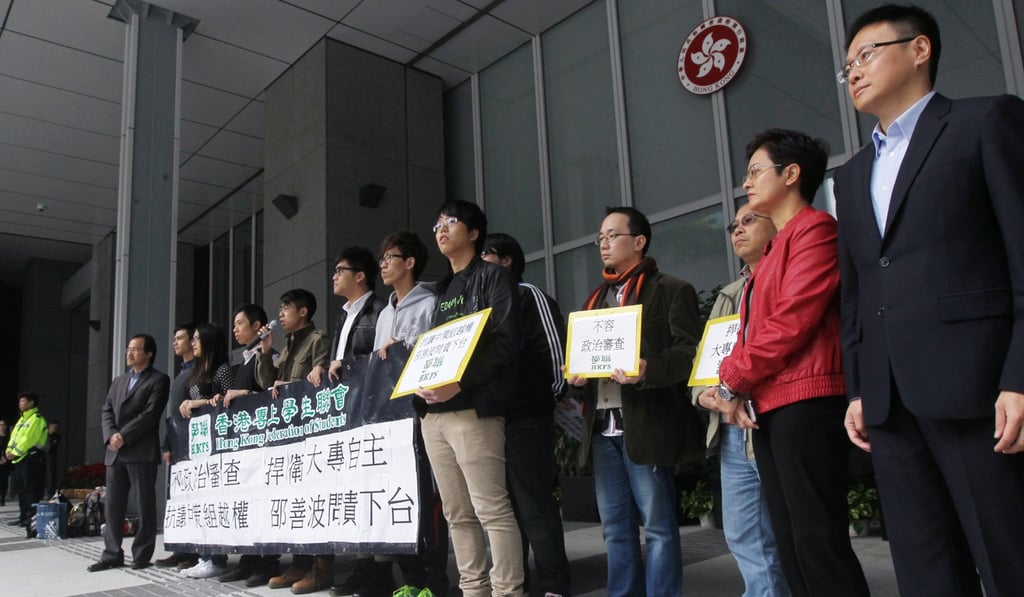How the China model can lead revamp of controversial Hong Kong think tank
Francis Neoton Cheung says the sheer scale and heft of the National Development and Reform Commission has been a major force behind China’s social and economic reforms, and it should provide inspiration as Hong Kong seeks more open and effective policymaking

A strong CPU is vital to the functioning of any administration. As a review gets under way to find the right job description, the government should think big.
Lam’s determination to overhaul the CPU will return it to its founding purpose
Lam’s determination to overhaul the CPU will not only return it to its founding purpose but, more importantly, will achieve cross-bureau policy coordination. In reforming the unit, the government should ambitiously consider modelling it after Beijing’s massive National Development and Reform Commission. Given its strategic long-term planning role, the social reforms and sustained national economic growth of the past two decades are in no small part down to the real policy coordination and execution heft the commission enjoys.

Scholars express concern over Central Policy Unit’s control of research fund
Taking a proven national lead, the Hong Kong government should invest major resources to scale up the think tank. A revamped CPU should serve three main functions.